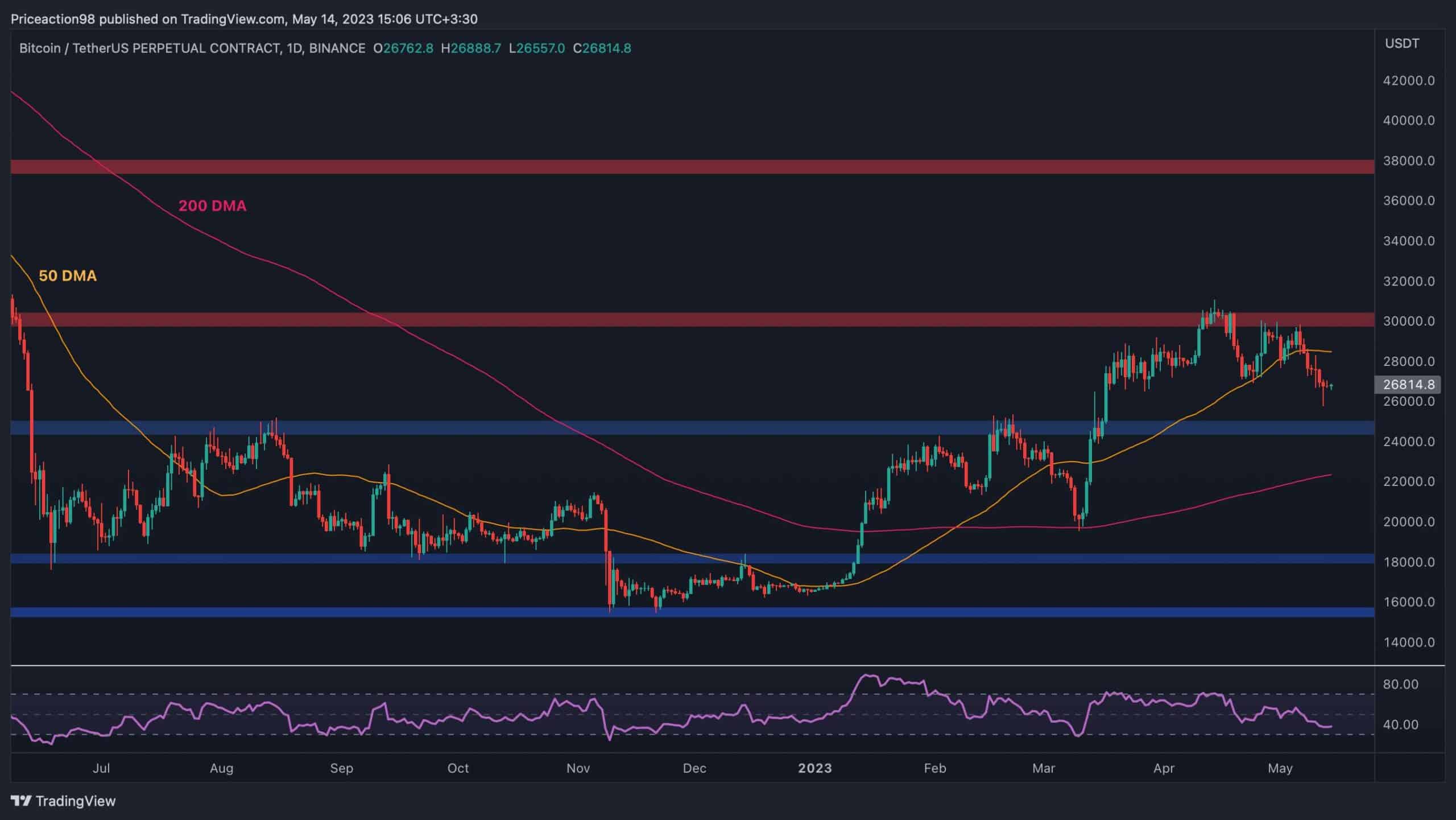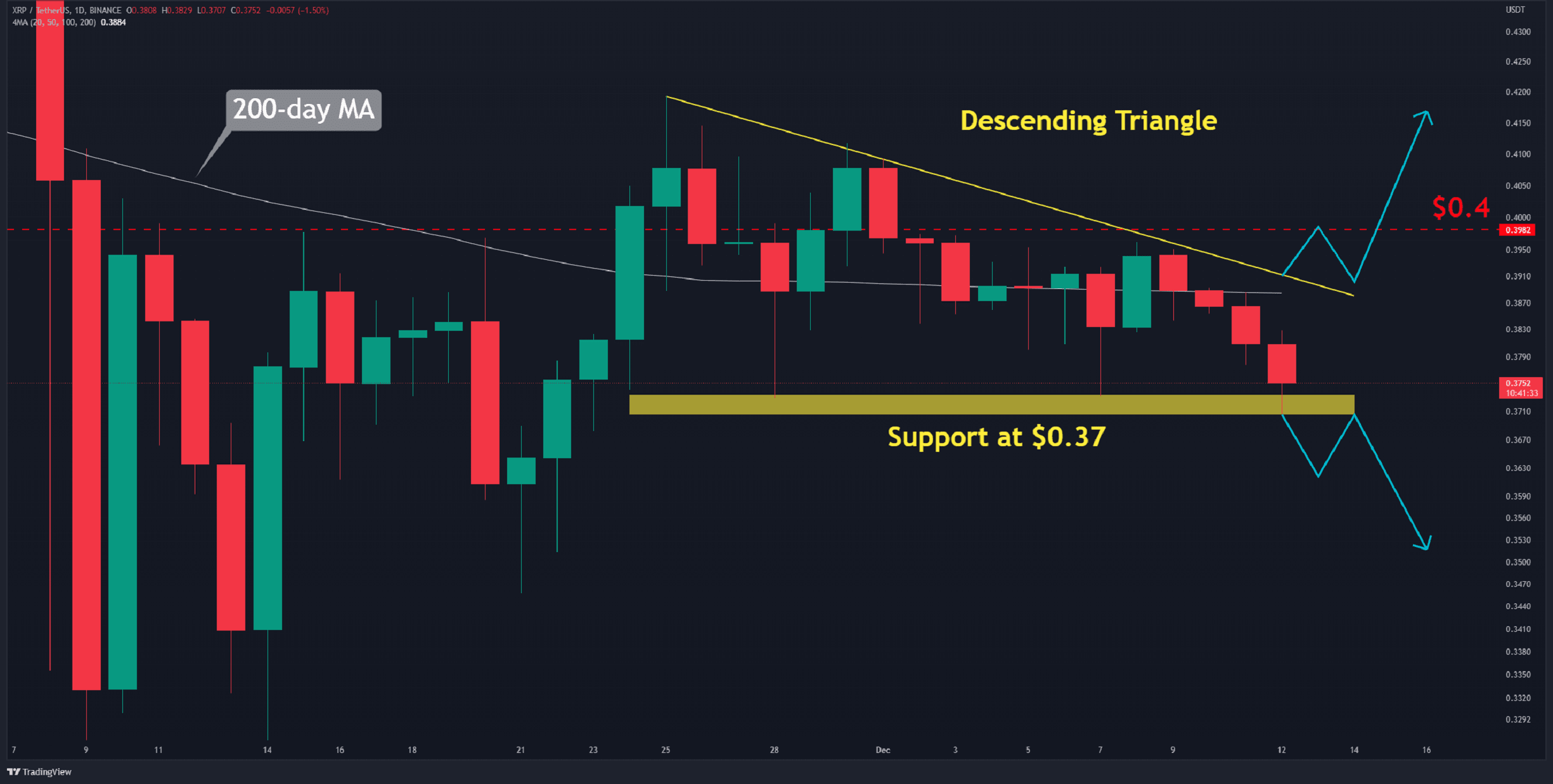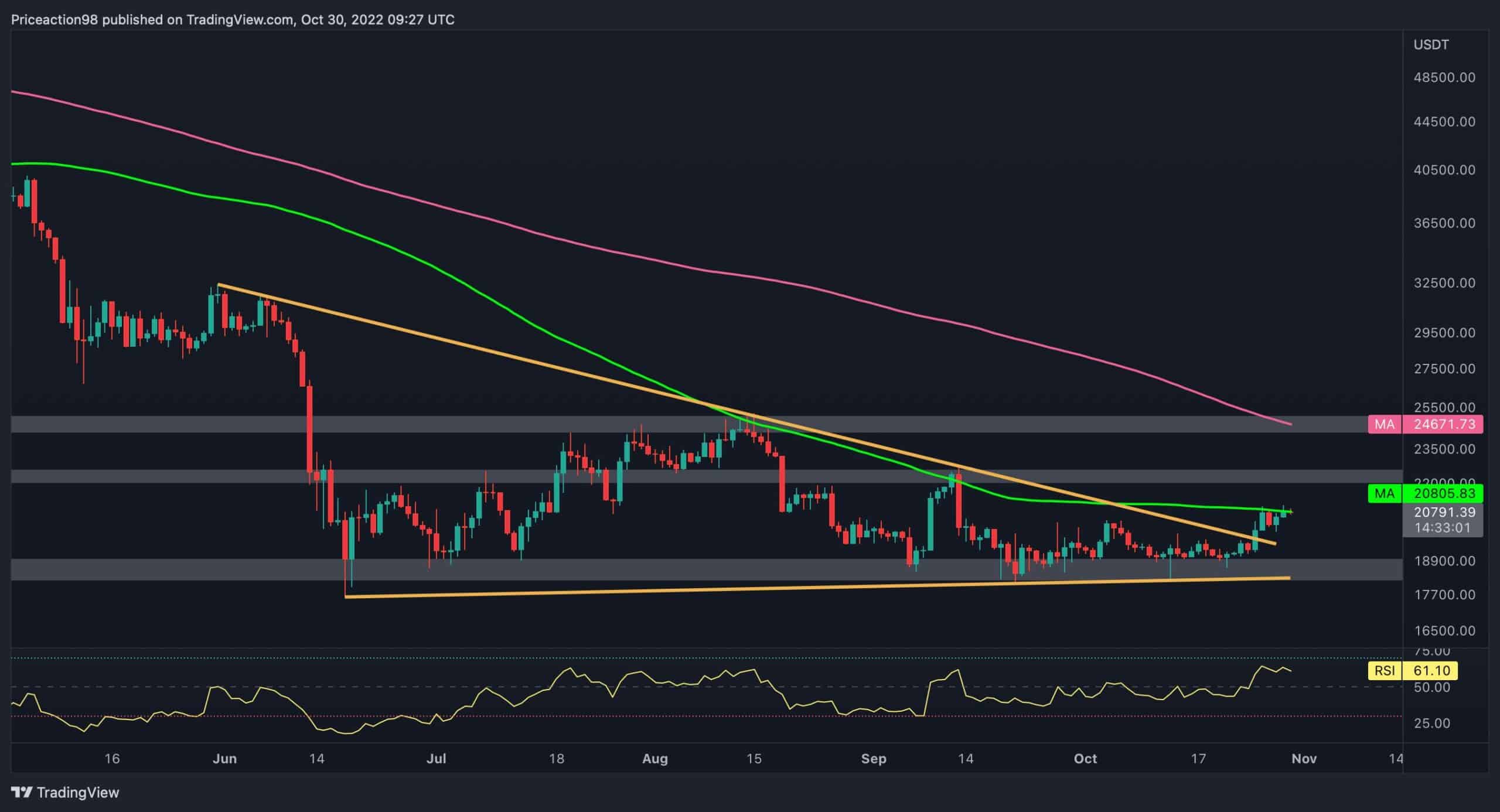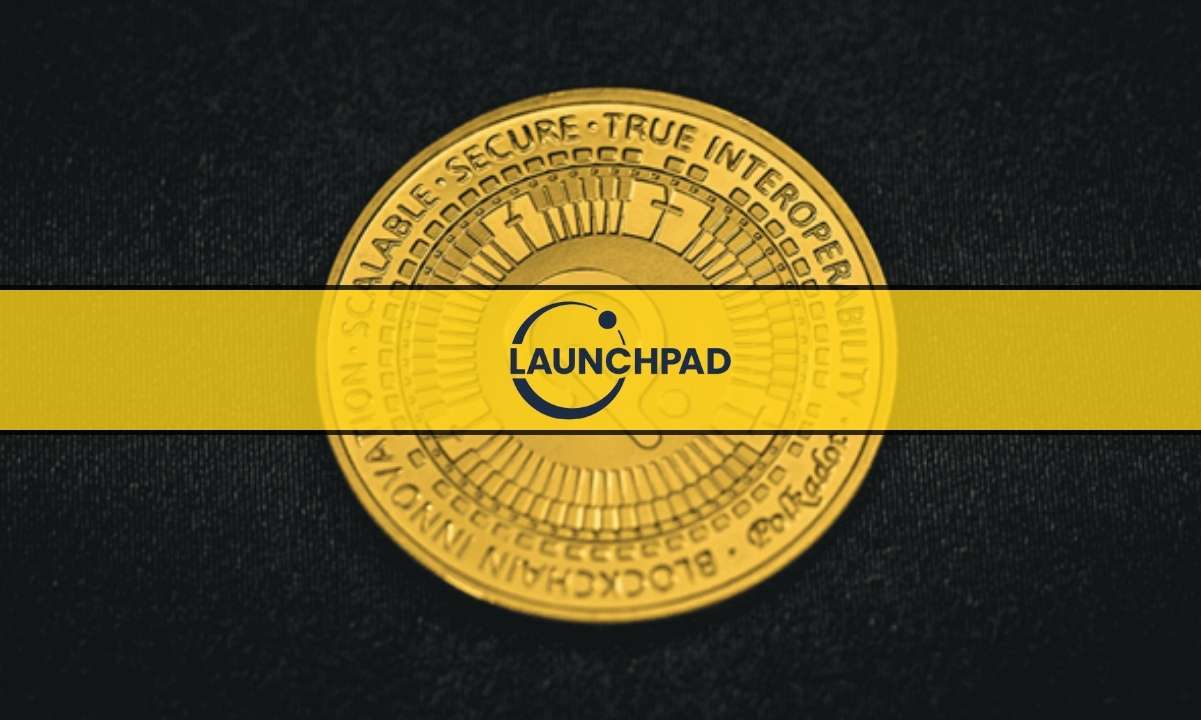Invesco Blames Its Bitcoin Futures ETF Withdrawal on SEC’s Rules
Anna Paglia – a top executive at Invesco – explained that her company withdrew its Bitcoin Futures ETF application because of the SEC’s rules.
Separately, Bitwise Asset Management also pulled off its filing for a futures-based ETF, citing it is not an appropriate decision for the long-term.
Invesco Gave Its Explanation
Invesco – an American investment firm with over $1.5 trillion in assets under management – filed with the Securities and Exchange Commission to launch two cryptocurrency-based ETFs in August this year.
A few months later, the company withdrew its applications just hours before the Bitcoin Futures ETF was supposed to go live and failed to justify its decision.
In a recent interview, though, Anna Paglia – Global Head of ETFs and Indexed Strategies at Invesco – explained that such a product would have been too “costly” for investors. She asserted that these rules by the SEC would create a Bitcoin Futures ETF contango – meaning that the futures contracts’ prices would be higher than spot’s – would harm investors.
The Commission allows ETFs with 100% exposure to bitcoin futures contracts only, which is not what Invesco aimed for:
“We never thought they would be effective when they would be 100 percent of the product.”
Instead, the executive revealed that the ideal portfolio of her company was a mixture of futures contracts, physical bitcoin, swaps, ETFs, and private funds investing in the bitcoin industry. Thus, investors would have maximum protection in case of a liquidity crunch, she opined.
“Our inability to dot that really drove our decision. The more we investigated the market and the space, the more we came to realize there are better ways of providing this particular exposure instead of going ahead and giving investors something that was not aligned with what they expect from Invesco.”

Matt Hougan – Chief Investment Officer of Bitwise Asset Management – gave a similar reason why his company decided to back away from launching a futures-based BTC ETF. He believes such a product would be too expensive for investors, and it would not be suitable for the long-term:
“If you are making a short-term bet [they] can be fine. For long-term investors there can be better opportunities out there.”
BITO’s Success
The first Bitcoin Strategy futures-backed ETF saw the light of day on October 19, this year. It was a major accomplishment for the cryptocurrency industry since such a product did not exist in the USA until then.
BITO generated around $1 billion in trading volume on its opening day as more than 24 million shares changed hands, and it became the second-highest traded fund ever.









